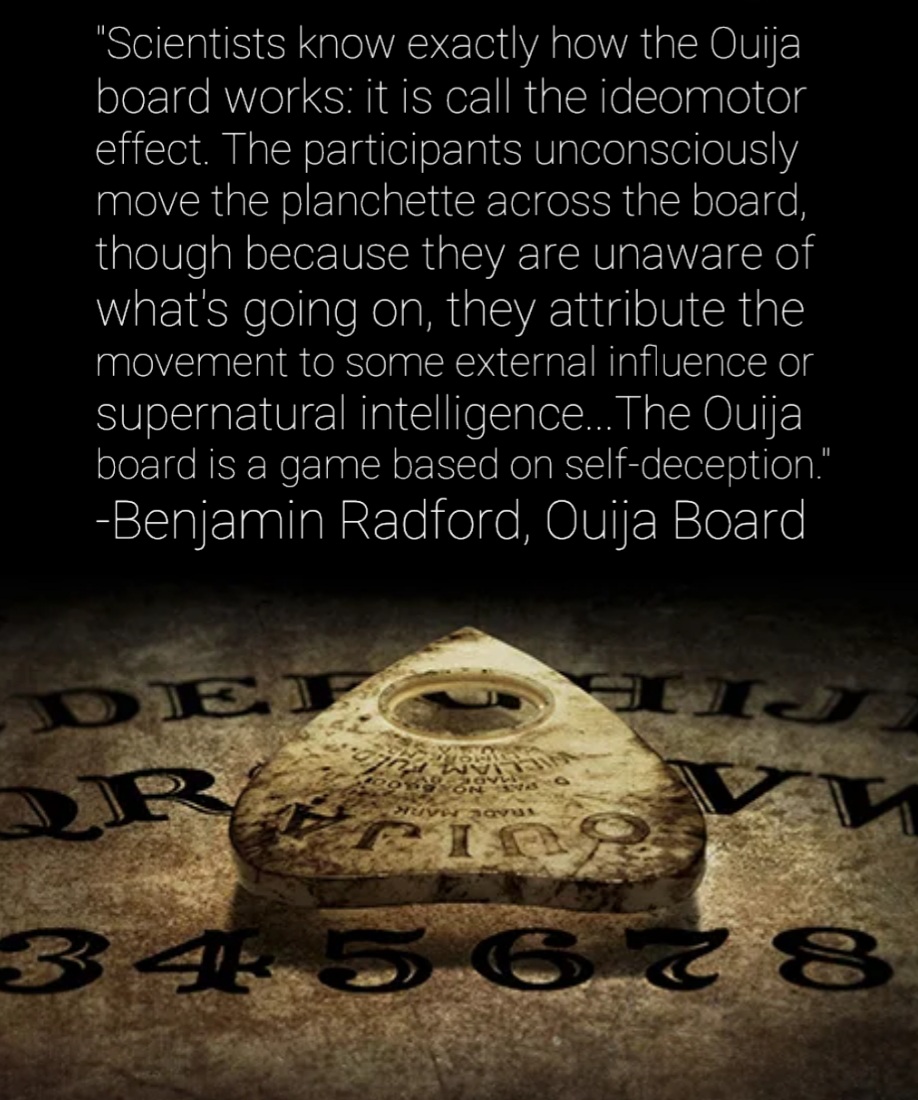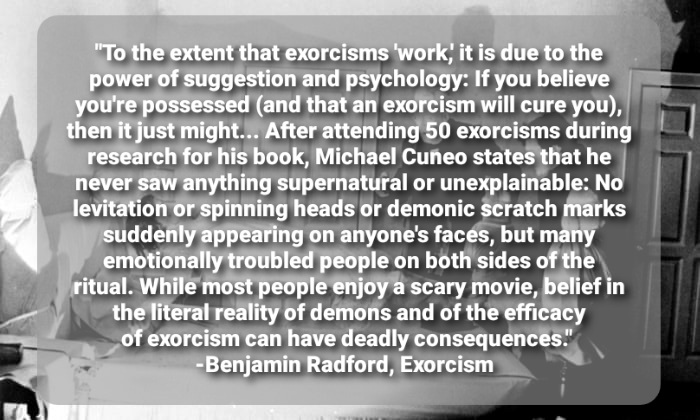“To know how skilled or unskilled you are at using the rules of grammar, for instance, you must have a good working knowledge of those rules, an impossibility among the incompetent. Poor performers—and we are all poor performers at some things—fail to see the flaws in their thinking or the answers they lack. In many cases, incompetence does not leave people disoriented, perplexed, or cautious. Instead, the incompetent are often blessed with an inappropriate confidence, buoyed by something that feels to them like knowledge.
…here is the real challenge: How can we learn to recognize our own ignorance and misbeliefs? To begin with, imagine that you are part of a small group that needs to make a decision about some matter of importance. Behavioral scientists often recommend that small groups appoint someone to serve as a devil’s advocate—a person whose job is to question and criticize the group’s logic. While this approach can prolong group discussions, irritate the group, and be uncomfortable, the decisions that groups ultimately reach are usually more accurate and more solidly grounded than they otherwise would be.
For individuals, the trick is to be your own devil’s advocate: to think through how your favored conclusions might be misguided; to ask yourself how you might be wrong, or how things might turn out differently from what you expect. It helps to try practicing what the psychologist Charles Lord calls ‘considering the opposite.’ To do this, I often imagine myself in a future in which I have turned out to be wrong in a decision, and then consider what the likeliest path was that led to my failure. And lastly: Seek advice. Other people may have their own misbeliefs, but a discussion can often be sufficient to rid a serious person of his or her most egregious misconceptions.
…wisdom may not involve facts and formulas so much as the ability to recognize when a limit has been reached. Stumbling through all our cognitive clutter just to recognize a true ‘I don’t know’ may not constitute failure as much as it does an enviable success, a crucial signpost that shows us we are traveling in the right direction toward the truth.”
The full essay is here.






